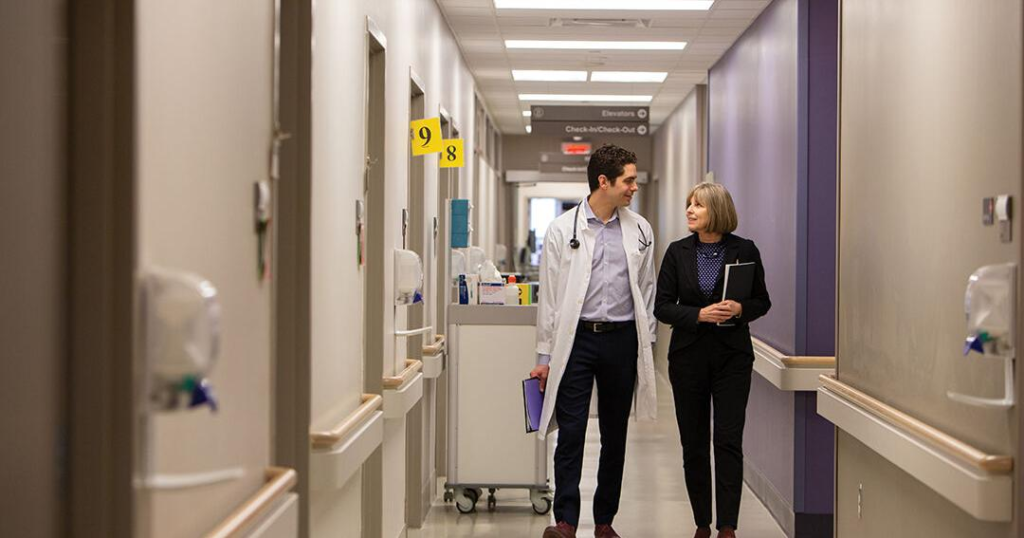
Introduction
Aging is an inevitable part of life, but how we age is largely within our control. The science of aging well explores the factors that contribute to healthy aging and provides actionable strategies to optimize our later years. In this comprehensive guide, we will delve into the key aspects of aging well, from physical health to mental well-being and social connections.
Understanding the Aging Process
Aging is a complex biological process that affects every cell in our body. As we age, our cells undergo changes that can lead to a decline in function. However, the rate of aging varies significantly from person to person, influenced by a combination of genetic and environmental factors.
The Role of Genetics
While genetics play a role in determining our lifespan, they are not the sole determinant of how we age. Studies have shown that genetic factors account for only about 25% of the variation in lifespan. The remaining 75% is influenced by lifestyle factors, such as diet, exercise, and stress management.
The Impact of Lifestyle Factors
- Diet: A healthy diet rich in fruits, vegetables, whole grains, and lean protein can help protect against age-related diseases and promote longevity.
- Exercise: Regular physical activity is essential for maintaining physical and mental health as we age. It can help reduce the risk of chronic diseases, improve cognitive function, and boost mood.
- Stress Management: Chronic stress can accelerate the aging process. Effective stress management techniques, such as meditation, yoga, and deep breathing, can help mitigate the negative effects of stress.
- Sleep: Adequate sleep is crucial for optimal health and well-being. Aim for 7-8 hours of quality sleep each night to support cognitive function, immune health, and mood regulation.
The Importance of Social Connections

Strong social connections are essential for healthy aging. Studies have shown that people with strong social ties tend to live longer and have better mental and physical health. Social interaction can help reduce stress, improve cognitive function, and provide a sense of purpose and belonging.
Cognitive Health and Aging
As we age, our cognitive abilities may decline. However, there are several strategies to maintain cognitive health:
- Mental Stimulation: Engage in mentally stimulating activities, such as puzzles, crosswords, and learning new skills.
- Social Interaction: Social interaction can help keep the mind sharp and reduce the risk of cognitive decline.
- Physical Activity: Regular exercise has been shown to improve cognitive function and reduce the risk of dementia.
- Healthy Diet: A healthy diet rich in antioxidants and omega-3 fatty acids can support brain health.
Financial Planning for Retirement
Financial security is an important aspect of aging well. It is essential to start planning for retirement early to ensure that you have enough savings to cover your expenses.
Tips for Financial Planning:
- Start Early: The earlier you start saving, the more time your money has to grow.
- Set Realistic Goals: Determine how much you need to save for retirement and create a budget to track your expenses.
- Diversify Your Investments: Spread your investments across different asset classes to reduce risk.
- Consider a Financial Advisor: A financial advisor can help you create a personalized retirement plan.
Conclusion
Aging well is not just about living longer; it’s about living a fulfilling and healthy life. By adopting healthy lifestyle habits, maintaining strong social connections, and taking care of our mental and financial health, we can age gracefully and enjoy our later years to the fullest. Remember, it’s never too late to start making positive changes to improve your overall well-being.
Upload an image
This prompt requires an image that you need to add. Tap the image button to upload an image. Got it
